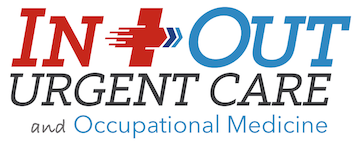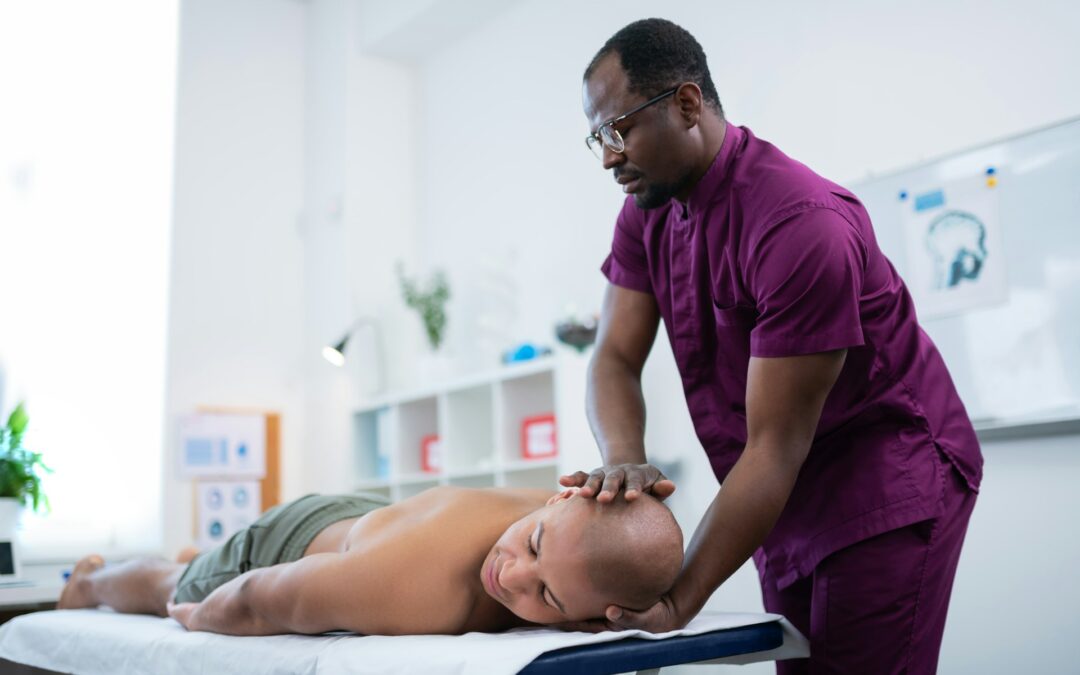Staying active through sports and exercise is essential for maintaining optimal health and well-being. However, engaging in physical activities can also put you at risk of sustaining injuries if precautions are not taken. Learning how to prevent sports-related injuries is crucial for safely enjoying your favorite activities and staying healthy in the long run. In this informative guide, In & Out Urgent Care, a trusted provider of expedient healthcare solutions for minor injuries and illnesses in the Metairie, New Orleans, and Covington areas, will share expert insights on preventing common sports injuries, proper pre-exercise routines, and safe workout techniques.
At In & Out Urgent Care, we understand and value the importance of an active lifestyle in promoting overall health and well-being. While our skilled team of healthcare professionals is always at your service for injury treatment, our priority is to help you prevent these injuries from occurring in the first place. With expertise drawn from years of experience, we aim to equip you with the knowledge and tools to stay safe while participating in athletic activities.
1. Familiarizing Yourself with Common Sports Injuries: A Proactive Approach
Understanding the most common sports-related injuries is crucial for developing effective prevention strategies. While the nature and intensity of a sport can influence the risk of certain injuries, some of the most common issues encountered include the following :
- Sprains and strains: Damage to ligaments or muscles due to sudden stretching, impact, or excessive use, often affecting the ankles, knees, and wrists.
- Fractures: Broken or cracked bones, which can be either acute (caused by a single impact) or stress fractures (caused by repetitive stress, usually found in long-distance runners).
- Dislocations: The abnormal separation of two bones at a joint, often as a result of a sudden impact or force.
- Tendinitis: Inflammation of a tendon due to overuse or repetitive stress, commonly affecting the shoulder, elbow, knee, and Achilles tendon.
Awareness and knowledge of these common injuries can help you take the necessary precautions to minimize your risk while participating in sports.
2. Choosing the Right Gear: An Investment in Safety
Selecting appropriate gear for your chosen sport can significantly reduce the risk of injury. Consider the following:
- Footwear: Wear supportive, well-fitted shoes designed specifically for your sport to protect your feet, provide stability, and reduce joint stress.
- Protective gear: Use sports-specific equipment such as helmets, mouthguards, pads, and goggles to protect against potential impacts, falls, or collisions.
- Clothing: Opt for moisture-wicking, comfortable clothing that enables free movement and does not restrict your range of motion.
Investing in the proper gear can have a positive impact on safety, performance, and injury prevention in your preferred sports.
3. Adopting Pre-Exercise Routines: Warm-Ups and Stretches for Injury Prevention
The importance of proper warm-up and stretching routines before engaging in athletic activities cannot be overstated. Implement these practices to reduce the risk of sports-related injuries
- Dynamic warm-ups: Start with 5-10 minutes of low-intensity cardio (e.g., jogging or jumping jacks) to increase blood flow and body temperature, preparing your muscles for physical activity.
- Targeted stretches: After warming up, perform sport-specific dynamic stretching exercises to target the muscles and joints you’ll be using, enhancing flexibility and range of motion.
- Gradual progress: Ease into your chosen activity by starting at a lower intensity and gradually increasing it over time. This approach allows your body to adapt to the physical demands without overloading your muscles and joints.
4. Practicing Safe Workout Techniques: Mastery of Form and Recovery
Adhering to proper workout techniques and incorporating recovery strategies can play a critical role in preventing sports injuries. Consider the following essential methods:
- Focus on form: Prioritize learning and mastering the correct form for your sport’s movements and techniques to reduce strain on your muscles, joints, and connective tissues.
- Listen to your body: Tune in to your body signals and adjust your training intensity, duration, or frequency if you experience pain, discomfort, or overwhelming fatigue.
- Allow for recovery: Schedule rest days and incorporate active recovery activities such as yoga, foam rolling, or light stretching to support muscle and tissue repair.
By dedicating time and effort to mastering safe workout techniques, you can contribute significantly to preventing sports-related injuries.
5. Nutrition and Hydration: Essential Components of Injury Prevention
Proper nutrition and hydration are crucial for injury prevention and optimal athletic performance. Consider the following:
- Hydration: Drink plenty of water before, during, and after exercise to prevent dehydration, which can lead to muscle cramps, fatigue, and heat exhaustion.
- Balanced diet: Consume a balanced diet rich in proteins, carbohydrates, and healthy fats to provide your body with the necessary nutrients for energy, muscle repair, and recovery.
- Nutrient timing: Plan your meals and snacks to ensure that you have enough fuel for your workouts and adequate nutrients for recovery.
- Avoiding alcohol and drugs: Avoid alcohol and drugs, which can impair your judgment, coordination, and reaction time, increasing your risk of injuries.
Proper nutrition and hydration can help you perform at your best and prevent injuries while engaging in sports and exercise.
Conclusion
Active participation in sports and exercise offers numerous health benefits, making injury prevention a vital aspect of an active lifestyle. By familiarizing yourself with common sports injuries, choosing the right gear, adopting effective pre-exercise routines, and practicing safe workout techniques, you can minimize your risk of sustaining injuries and ensure long-term physical health.
At our walk-in clinic, In & Out Urgent Care, we’re committed to providing prompt healthcare solutions for minor injuries and illnesses to residents of Metairie, New Orleans, and Covington, in addition to offering expert guidance on preventative measures for a healthy and active lifestyle. Schedule a visit today to experience our professional care and valuable insights designed to support your pursuit of well-being and injury prevention.

